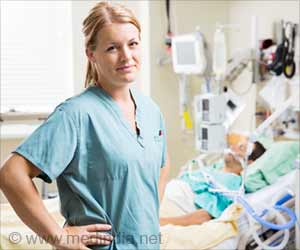It has now been found that consumption of hot or cold beverages before recording the body temperature can lead to can lead to drastic fluctuations in temperature measurement. Consuming a cold beverage or hot beverage was found to hamper the restoration of body temperature to baseline levels by 15 and 23 minutes respectively.
Nurses at the University of Virginia Health System have conducted this interesting research. So the next time your mom advises you not to drink or eat anything prior to measuring temperature, listen to her advice without a second thought.“Taking an accurate temperature is one of the most basic, yet at times complicated, pieces of data that we can collect to monitor our health and the health of our loved ones,” said Beth Quatrara, one of the senior researchers.
The findings of this study have several important implications on both the domestic and the hospital setting. This is especially valuable when there is an increasing threat from cold and seasonal bird flu. It is very important for parents to have the temperature accurately recorded so that appropriate treatment can be instituted to their sick children.
Temperature recording forms a regular part of the nurse’s work schedule everyday. An adequate knowledge of the factors that can influence the same can be of great value. The researchers further recommend keeping away from any form of activity that can change the basal body temperature and the mouth temperature such as exercise, chewing gum or smoking.
Studies have already been conducted on male subjects with reference to mercury-filled thermometers, and are of limited clinical importance. The results of the present first ever study, that explores the association between beverage consumption and the accuracy of temperature recording by oral electronic thermometers was presented at the annual Academy of Medical Surgical Nurses Convention in Las Vegas.
“It’s great to say we can make a change in practice. It’s always best to provide patient care based on evidence rather than guessing at it,” concluded Quatrara.
Advertisement




